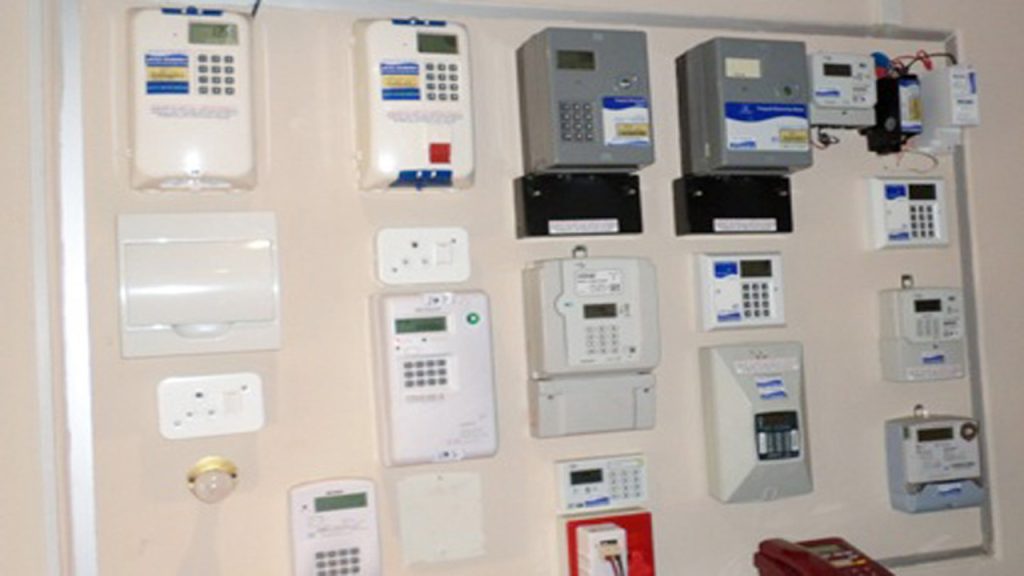The Federal Government of Nigeria has announced plans to acquire 10 million prepaid meters for nationwide distribution in 2025 as part of efforts to improve Nigeria’s electricity billing system and tackle the issues of estimated billing.
Speaking during the commissioning of mobile power substations in Oyo and Ogun States, Minister of Power Adebayo Adelabu stated that the first batch of 2 million prepaid meters would be distributed to consumers by the end of Q1 2025 under the National Mass Metering Programme (NMMP).
The initiative comes in response to widespread consumer frustration over estimated billing, which has often resulted in inflated charges. Adelabu emphasized the government’s commitment to ensuring transparency in electricity billing and providing Nigerians with better control over their energy usage and expenses.

The programme, part of the Tinubu administration’s broader reforms in the power sector, was accelerated following directives from the Presidency. Earlier this month, Hadiza Bala Usman, Special Adviser to the President on Policy and Coordination, urged the Ministry of Power to prioritize the NMMP as a key deliverable.
The purchase and distribution of prepaid meters are built on the recent Electricity Act (Amendment) Bill 2024, which was passed into law to authorize states, businesses, and individuals to generate, transmit, and distribute electricity.
The bill is one of several measures aimed at addressing inefficiencies in Nigeria’s power sector, including power generation shortages and distribution challenges. By increasing the number of metered households, the government aims to restore consumer confidence, reduce power theft, and improve revenue collection.
Launched in 2020, the NMMP is designed to close Nigeria’s metering gap by providing prepaid meters at no cost to consumers. The programme originally received N21 billion under the Presidential Metering Initiative and has since distributed millions of meters.
Analysts believe the latest round of meter acquisitions will significantly reduce estimated billing practices, which have eroded consumer trust and hindered revenue generation in the power sector.
Adelabu expressed optimism about the programme’s impact, noting that empowering Nigerians with accurate billing tools will not only improve their energy management but also contribute to a more efficient and sustainable power sector.


